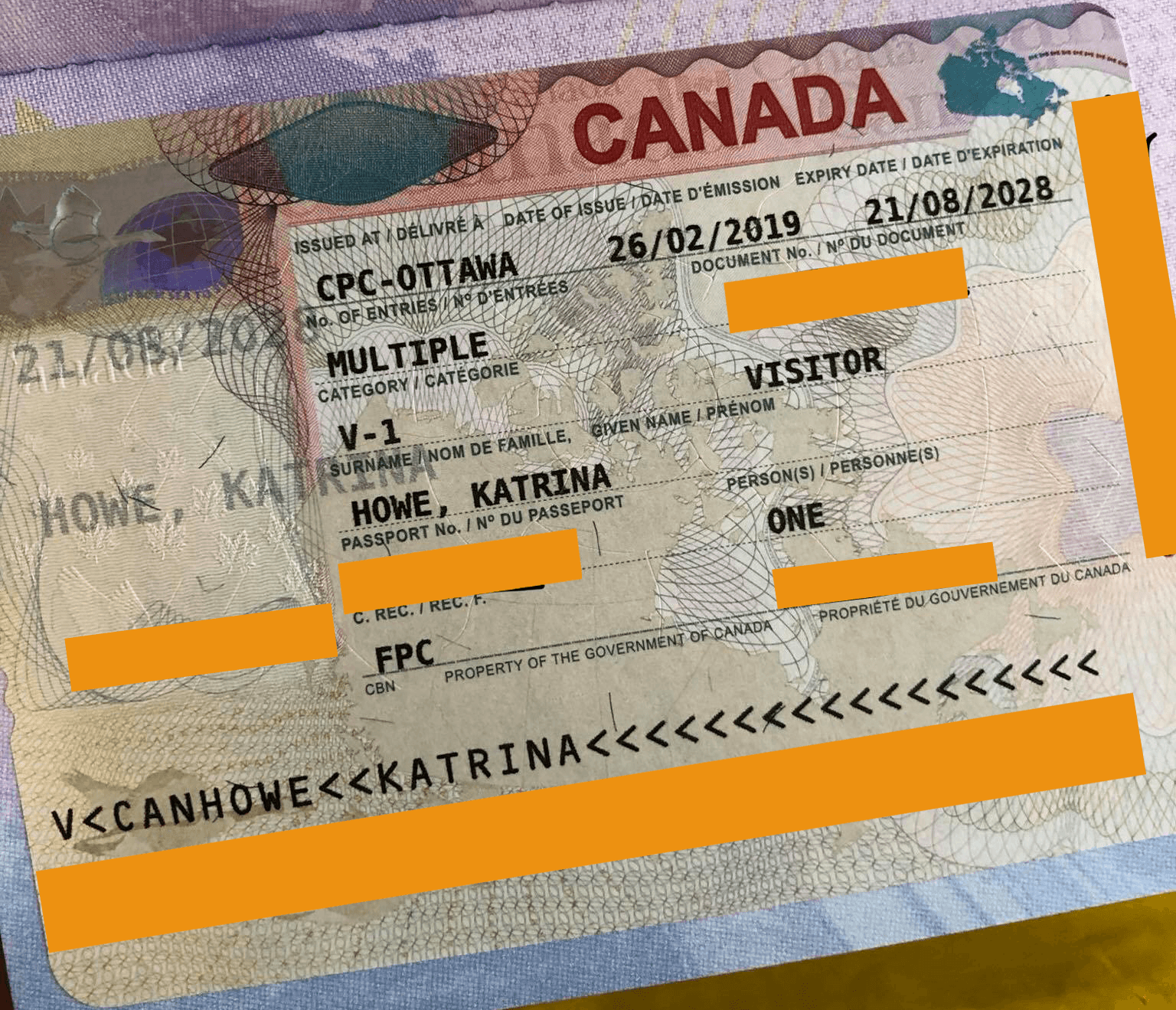Protection of Intellectual Property in Canada
> Business > Articles
Protection of Intellectual Property (Page 4)
DISCLAIMER The information provided here is of a general nature and may not apply to any specific or particular situation. It is not to be considered as a legal advice nor presumed to be indefinitely up to date.
4. Trademarks
In addition to protecting the business's ideas or their expression, an entrepreneur should protect the business's identity and marketing strategy. While trade secrets, copyrights, and patents focus on the methods, products, or services of the business, trademarks protect a business's distinctively recognized symbols such as logos, marks, slogans or designs that are used to identify and distinguish its goods and services. Only use of a trademark or its surrogates ?public recognition or an intention to use ?creates rights, and then not in respect of a creator of a trademark but in respect of a person or entity behind the use of trademark and its public recognition.
Trademarks and tradenames are protected at Common Law trough an action in tort of “passing off?and under the Trademarks Act. The federal government requires registration in order to gain protection for trademarks. Only indicia that qualify as a trademark are considered for registration. To register a trademark: (1) the subject matter must be trademark eligible; (2) the trademark must be distinctive; and (3) the trademark must not be likely to cause confusion with a previously used or registered mark. Descriptive, misdescriptive, generic words, names of people and marks or symbols used by other companies or institutions will most likely be rejected.
The eligible subject matter is very broad, and according to the Trademarks Act there are the following categories of trademarks: (1) classic trademarks; (2) service marks; (3) proposed trademarks (either classic or service marks); (4) distinguishing guises; and (5) certification marks. To be protected by the Trademarks Act, a mark must be distinctive enough to identify clearly the origin of goods or services. Moreover, a trademark will lose its eligibility for protection if prospective purchasers come to perceive a trade symbol primarily as a generic designation for the category, type, or class of goods or services with which it is used. For example, aspirin used to be a trademark, but as it became more and more descriptive of the product and less distinctive, it lost is ability to be a trademark.
Canadian trademark registration gives the trademark owner the exclusive right to use the trademark throughout Canada in association with the goods and services defined in the trademark registration for a period of 15 years from the date of registration. Registration of a trademark can subsequently be renewed for further multiple periods of 15 years. The registration also gives the trademark owner the right to sue others who may be infringing the registration by using a similar trademark to that of the registered trademark.
The benefits of registering under the Trademarks Act include (1) being able to prevent others from using the marks in a manner that would likely lead to confusion in the market place; (2) obtaining a statutory presumption of ownership of the trademark; and (3) putting others on constructive notice of ownership. If others use a trademark without permission or use a substantially similar mark that will likely cause confusion, an entrepreneur controlling a particular mark can bring an action to end the infringing use of the trademark. Also, entrepreneurs may seek damages and lawyer' fees in exceptional cases. Finally, the entrepreneur can have the infringing objects destroyed. By contrast, the rights that are afforded at Common Law under an action in tort of “passing off? are limited to the territorial area in which the trademark has been used, or where the trademark owner can establish a reputation based on that trademark. The rights will be similarly limited in scope in association with the goods and/or services with which the trademark has been used.
Because of the importance of a presence on the web, a start up should search to determine that the domain name it chooses is not already registered as a trademark. Choosing a domain name that is registered as a trademark almost certainly is an infringement, and as such would subject the entrepreneur to anti cybersquatting laws. A start up should also periodically conduct web searches to be sure that its trademarks are not infringed. A common misappropriation of trademarks occurs when a competitor uses a start up's registered name as a metatag. By doing so, the competitor steers web surfers to its site rather than the start up's website.

